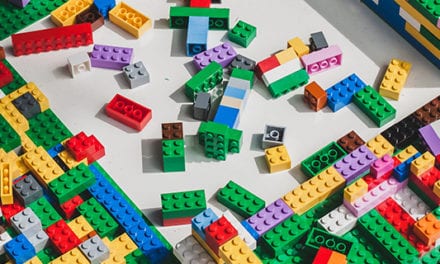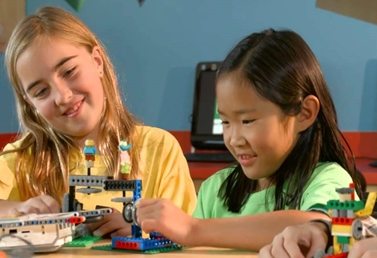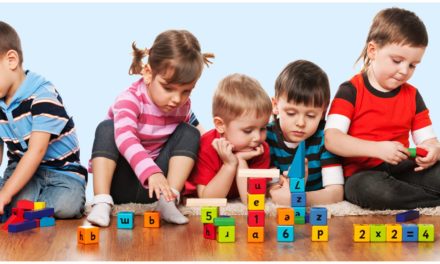### Developing Positive Social Skills in Kids
It’s no secret – children who develop strong social skills early on tend to flourish as they grow. These skills not only build the foundation for their future relationships but also shape their emotional intelligence and self-esteem. At Generation Positive T/A Bricks 4 Kidz (Glen Eira & Stonnington), we’re dedicated to helping kids become the best versions of themselves, not just through physical play but also by nurturing their social skills.
### The Importance of Play
Ever notice how easily children make friends on the playground? That’s because play is a natural medium for learning social skills. Whether it’s building LEGO structures together or participating in group activities, play encourages teamwork, sharing, and empathy. When kids play together, they’re not just having fun – they’re learning to navigate social landscapes, solve conflicts, and communicate effectively.
Imagine a world where every disagreement was as simple as “Can I borrow your red brick?” and resolved with, “Sure, just don’t lose it.” That’s the beauty of play!
### Role-Playing for Real Life
Role-playing is another powerful tool. By acting out different scenarios, children can practice how to respond in various social situations. Imagine a child role-playing a store cashier, learning how to greet customers, count change, and say thank you. These exercises are more than just fun – they’re practical rehearsals for real-world interactions.
### The Parent’s Role
Don’t underestimate your influence as a parent. Kids are natural mimics; they often mirror the behaviours and language they observe at home. So, if you want your child to develop healthy social skills, lead by example. Demonstrate kindness, active listening, and empathy in your daily interactions.
A small anecdote: My own son often helps set the dinner table. One day, he decided to place a flower at each setting, stating that it would make everyone happy. His actions reflected the kindness and thoughtfulness we strive to exhibit daily.
### Encouraging Open Communication
Creating an environment where children feel safe to express their thoughts and feelings is crucial. Encourage open-ended conversations with questions like, “How did that make you feel?” or “What could we do differently next time?” These questions promote emotional intelligence and help children articulate their emotions better.
### Teaching Conflict Resolution
Conflicts are inevitable, even for our smallest humans. But teaching kids how to resolve disputes amicably can set them up for a lifetime of healthier relationships. Encourage them to voice their feelings with “I” statements, such as, “I feel upset when you take my toys without asking.” This approach fosters understanding and reduces defensiveness.
### Classroom Strategies
Educators also play a pivotal role. Classrooms can be social skill incubators where kids learn to cooperate, share, and problem-solve together. Circle time, group projects, and peer mentoring are just a few classroom strategies that can significantly boost social skills.
Teachers, consider starting the day with a “kindness circle,” where each child shares something nice they did for someone else. It’s a lovely way to build a sense of community and encourage positive behaviour.
### Building Self-Esteem Through Social Skills
It’s a two-way street: developing social skills can enhance a child’s self-esteem, and high self-esteem can make them more willing to engage socially. Celebrate your child’s social milestones, no matter how small. Did they make a new friend at school? Share in their excitement and reinforce the positive behaviour.
### Importance of Emotional Literacy
Understanding one’s emotions is a fundamental part of social skills. Emotional literacy enables kids to not only express their own feelings but also to recognise and respect those of others. Activities like mood charts or journaling can help children better understand their emotional world.
### Real-World Applications
Don’t limit social skills training to home or school. Real-world experiences are invaluable. Take your child to social events, community gatherings, or volunteer activities where they can interact with a diverse group of people. These experiences offer rich opportunities to practice and refine their social skills.
### Concluding Thoughts
Helping children develop healthy social skills is a journey, not a destination. It requires patience, consistency, and a whole lot of love. At Generation Positive T/A Bricks 4 Kidz (Glen Eira & Stonnington), we’re committed to supporting you every step of the way – because when our kids thrive socially, we all benefit.
So let’s roll up our sleeves and build a brighter, kinder future for our children, one brick at a time.




